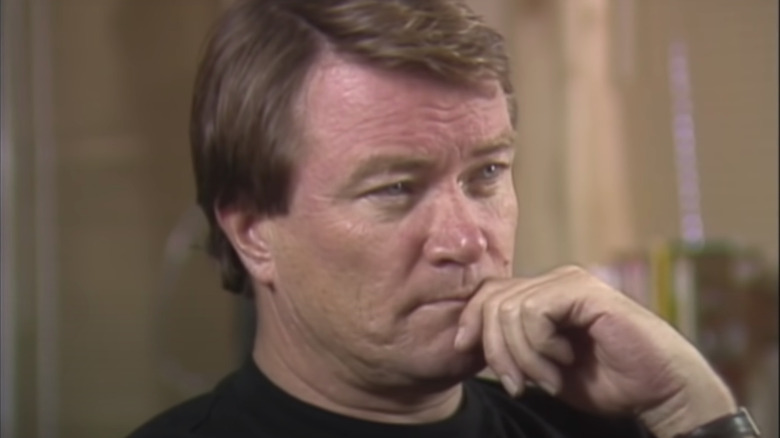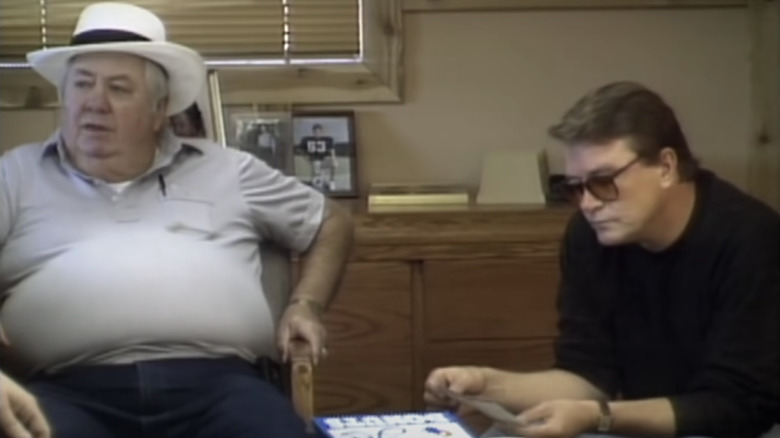60 Minutes Helped Blow The Cream Puff Used Car Scam Wide Open In The 1990s
Since its debut in 1968, "60 Minutes" has been an indispensable source of televised investigative reporting, bringing hard-hitting news stories to viewers around the world and holding truth to power. One "60 Minutes" story even became and Oscar nominated film. The CBS stalwart has also, at one time or another, been the home to a number of renowned journalists, including Dan Rather, Harry Reasoner, Christiane Amanpour, and Steve Kroft.
As one of the longest-running correspondents on "60 Minutes," Kroft – who left "60 Minutes" after 30 years of reporting for them — visited the Chernobyl nuclear site, interviewed multiple presidents, and covered the September 11 attacks. For his reporting, Kroft won five Peabody Awards.
For all of the world-historical events that Kroft reported on during his decades-long career, he also relished in breaking smaller stories that illuminated truths about day-to-day life. One such story was the iconic "Cream Puff" segment from 1990.
60 Minutes caught odometer fraudsters red-handed
In 1990, Steve Kroft and the fine minds at "60 Minutes" reported on an issue that was plaguing the American used car industry: mile-busters. That is when individuals flip "cream puffs" — pre-owned cars in unusually good condition — by rolling back odometers to make a car appear to have great mileage. The scheme is known as busting miles or whipping miles.
The "Cream Puff" story revealed that mile-busters dominated the used car industry, inflating car prices to the point of pushing out wholesalers who worked with integrity. In addition to rolling back the odometers, the process required forging titles to match the new odometer readings.
What's remarkable about the segment is the clarity of the incriminating footage. In one scene, a hidden camera shows a technician showing off his wares. The coup de grâce is when Kroft, with the help of two former used car dealers, nab Bill Whitlow, a cartoonish car crook. It probably helped that Kroft, still at the beginning of his "60 Minutes" career, wasn't a household name yet. His expert delivery, however, would help launch him into the upper echelons of "60 Minutes" correspondents.
"The good news is we're not cops," Kroft told Whitlow after showing him the hidden camera. "The bad news is we're '60 Minutes.'" After the segment aired, Whitlow was sent to prison.

